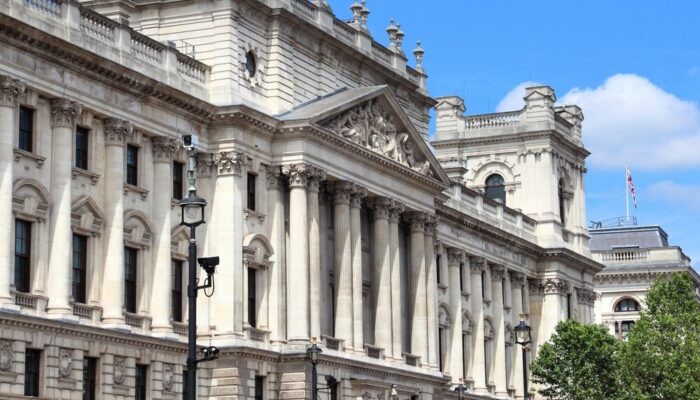Insurance Premium Tax (IPT) receipts reached £6.65bn for the first eight months of 2024-25, taking it ahead of receipts from Tobacco Tax for the year so far.
If that trend continues it would mean the annual revenue from IPT exceeding Tobacco Tax for the first time this financial year, according to data from HM Revenue and Customs which goes back to the 2004-05 tax years.
The higher annual receipts for IPT come even though the November 2024 IPT total of £1.201bn was slightly less than the £1.263bn total for November 2023.
But the total IPT revenue now exceeds last year’s eighth-month total of £6.02bn by 10.4% or £627m, meaning HRMC is likely to once again increase its IPT receipts.
For the 2023-24 tax year HMRC received £8.146bn for IPT, compared to £7.341bn for the previous year, and £6.627 for the year before that.
In fact, the IPT take has increased every year since the 2014-15 tax year, when HMRC received a total of £2.965bn.
Tobacco Tax comparison
The amount that the HMRC takes in from IPT is now comparable to that for Tobacco Tax.
The take from tobacco tax declined to £8.8bn last tax year from £10bn in 2022 and £10.3bn the year before.
A monthly comparison is not as useful, as the take from IPT fluctuates strongly on a seasonal basis, ranging between a high of £1.526bn in February this year to just £69m in June.
That compares to Tobacco Tax, which has a more constant rate, ranging from a high of £901m in February to £419m in June.
But for the first eight months of this tax year, IPT exceeded the tobacco tax take generating £6.654bn to the Treasury compared to £5.75bn from tobacco sales.
Demand for PMI rising
Cara Spinks, head of life and health at Broadstone, noted the data reinforced the significance of Insurance Premium Tax for the Treasury.
“November’s IPT receipts of £1.2bn push the 2024-25 eight-month total to £6.65bn,“ she said.
“With winter illnesses exacerbating an already pressured NHS, demand for private healthcare services continues to rise.
“This growing reliance on the private sector is driving up premiums for products such as health cash plans and private medical insurance.
“However, the additional burden of IPT risks making these vital health insurance products less accessible, limiting the accessibility of preventative health care benefits that could ease the pressure on public health services.”
“Health insurance is a critical tool in supporting workforce wellbeing by reducing absenteeism and enhancing access to care.
“We urge the government to consider reducing IPT on health insurance products to help expand access to private healthcare, support the health of the UK workforce, and drive long-term economic resilience.”
